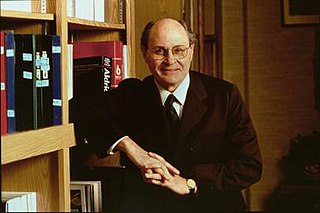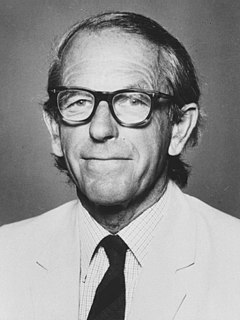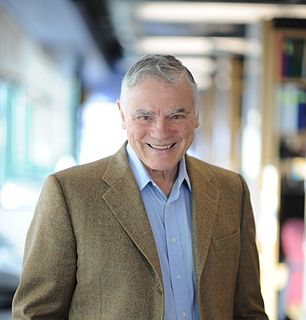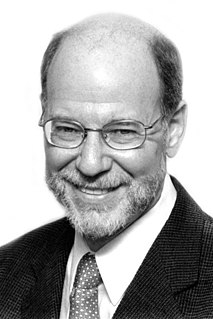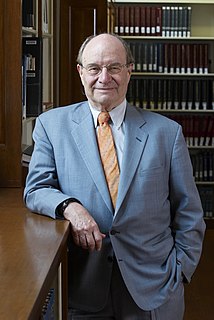A Quote by Daniel Nathans
And of course, identifying all human genes and proteins will have great medical significance.
Quote Topics
Related Quotes
A DNA sequence for the genome of bacteriophage ?X174 of approximately 5,375 nucleotides has been determined using the rapid and simple 'plus and minus' method. The sequence identifies many of the features responsible for the production of the proteins of the nine known genes of the organism, including initiation and termination sites for the proteins and RNAs. Two pairs of genes are coded by the same region of DNA using different reading frames.
We can now determine, easily and relatively cheaply, the detailed chemical architecture of genes ; and we can trace the products of these genes ( enzymes and proteins ) as they influence the course of embryology . In so doing we have made the astounding discovery that all complex animal phyla - arthropods and vertebrates in particular - have retained, despite their half-billion years of evolutionary independence, an extensive set of common genetic blueprints for building bodies.
Of course our genes will make some capacities very much easier to learn than others, and of course our genes themselves are not learned. But the point remains that genes themselves are not cognitive capacities, and that anything worth calling a cognitive capacity will depend to some degree on learning and so not be innate.
Genes are effectively one-dimensional. If you write down the sequence of A, C, G and T, that's kind of what you need to know about that gene. But proteins are three-dimensional. They have to be because we are three-dimensional, and we're made of those proteins. Otherwise we'd all sort of be linear, unimaginably weird creatures.
In my opinion, neither organisms nor organizations evolve slowly and surely into something better, but drift until some small change occurs which has immediate and overwhelming significance. The special role of the human being is not to wait for these favorable accidents but deliberately to introduce the small change that will have great significance.
Individuals are not stable things, they are fleeting. Chromosomes too are shuffled into oblivion, like hands of cards soon after they are dealt. But the cards themselves survive the shuffling. The cards are the genes. The genes are not destroyed by crossing-over, they merely change partners and march on. Of course they march on. That is their business. They are the replicators and we are their survival machines. When we have served our purpose we are cast aside. But genes are denizens of geological time: genes are forever.
In the United States...politics is purged of all menace, all sinister quality, all genuine significance, and stuffed with such gorgeous humors, such inordinate farce that one comes to the end of a campaign with one's ribs loose, and ready for King Lear, or a hanging, or a course of medical journals.
It's a very complex network of genes making products which go into the nucleus and turn on other genes. And, in fact, you find a continuing network of processes going on in a very complex way by which genes are subject to these continual adjustments, as you might say - the computer programmer deciding which genes ultimately will work.
I think anyone who suffers from chronic pain can agree with this - you feel this great significance. What I wanted to capture was that significance, and as a matter of fact I think that's one of the lyrics on 'Conflict,' on the split. I touch on the significance, and really it's a selfish thing, in an offbeat way.
